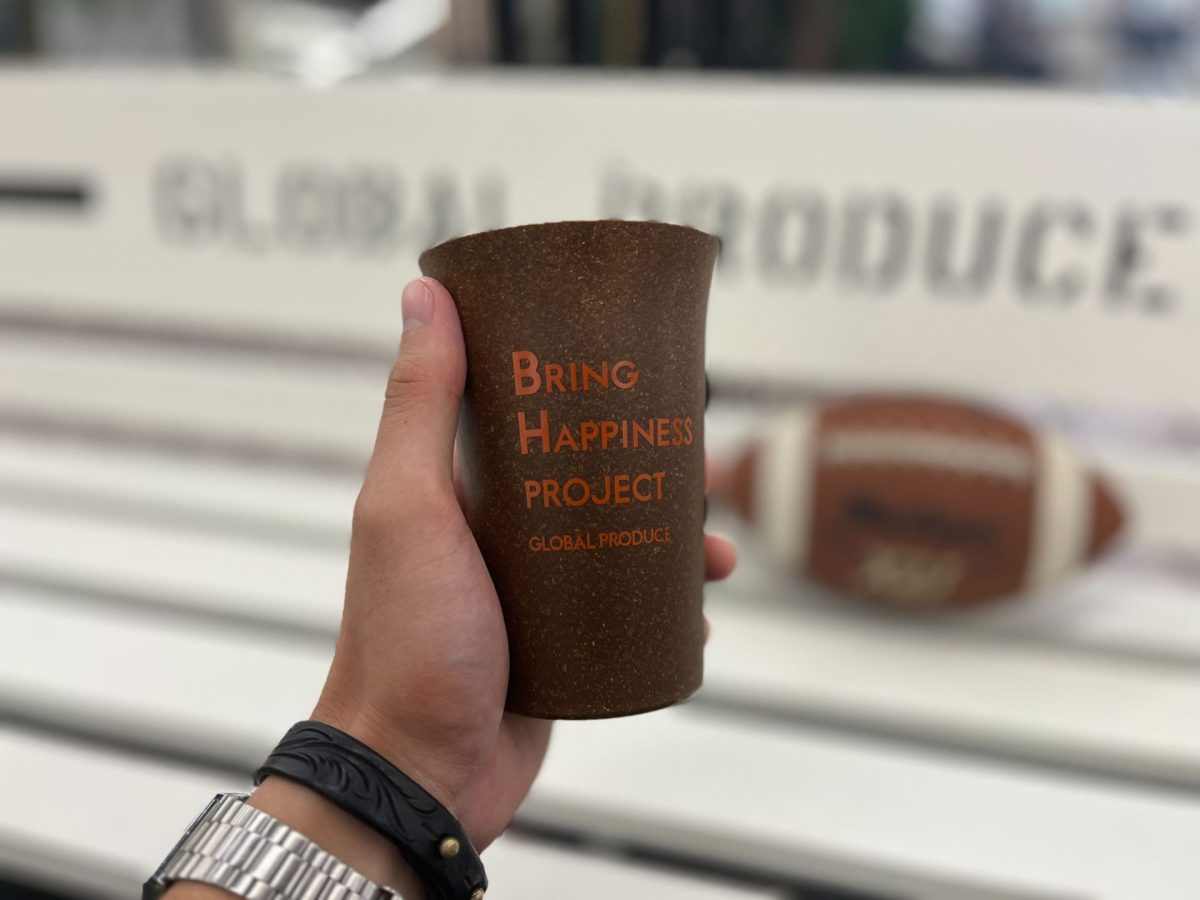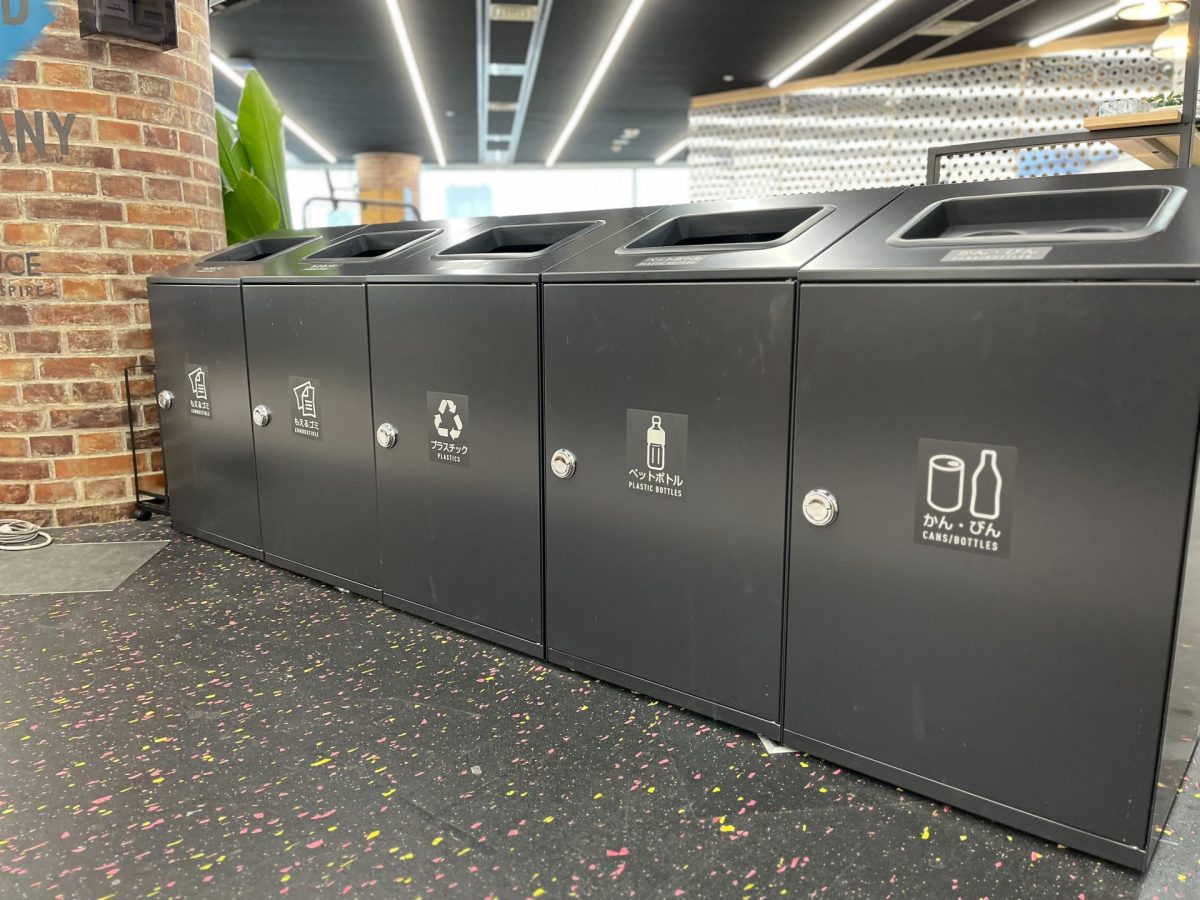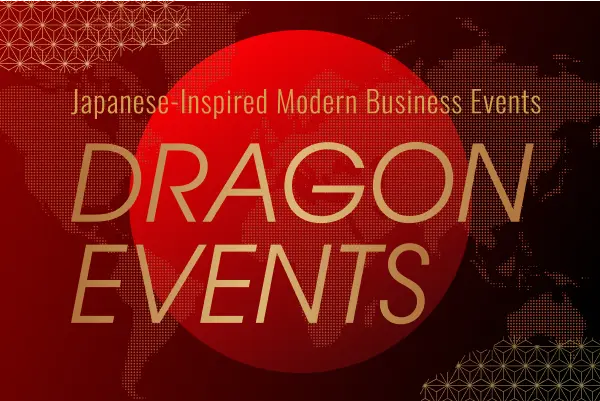“The Future of Sustainability × Events”
Learning from the book written by Yoshikazu Otaka
At GLOBAL PRODUCE (GP), we believe that raising the standard of event producers requires more than technical skills—it also demands a strong awareness of social responsibility. In order to deepen our understanding of the SDGs and sustainability in the context of events, I read a book “The Future of Sustainability × Events” written by Yoshikazu Otaka.
This book provides a clear and accessible explanation of what “sustainability” truly means, and offered deep insights into the potential of events as a platform for change. As an aspiring event producer, I strongly felt the need to adopt a new lens—”how sustainable is this?”—when assessing events moving forward. In this report, I will focus on four key areas: (1) What is sustainability? (2) Examples of individuals leading the movement, (3) Food sustainability, and (4) The attitudes and roles expected of future event producers.
1. What is Sustainability?
The book identifies three pillars of sustainability:
- Environmental sustainability
- Social sustainability
- Economic sustainability
Until now, when I heard the word “sustainability,” I tended to focus only on the environment without considering the social and economic aspects. Through this book, I learned that a “sustainable society” goes beyond environmental issues and includes frameworks like DEL (Diversity, Equality, and Liberty), where individual attributes are respected as unique traits.
The concept of a “small start”—beginning with small, actionable steps rather than massive leaps—is essential for spreading sustainability awareness. Events, in particular, are a perfect platform for initiating these small starts. Through events, I want to offer participants sustainable choices as event producer.
2. Examples of People Taking Action
In sustainability-forward countries like the Netherlands, the term “Climate Smart” is used in everyday conversation. I was surprised to know that people casually ask things like, “Is that T-shirt climate smart?”—a reflection of how low-carbon products and behaviors are seen as “smarter” choices.
In Hammarby Sjöstad, a district in Sweden promoting sustainability, urban development is based on circular economy principles from three angles: transportation/mobility, energy, and water systems. A circular economy is a system that decouples economic activity from the consumption of finite resources, aiming instead for a loop where resources are reused. For example, food waste becomes compost that helps grow more food.
On an individual level, many initiatives also focus on human dignity. The project “(Not Your) Comfort Zone”, for example, started with the motto “Safe spaces for everyone.” By setting up booths at events where attendees could learn how to respond to identity-based harassment, they created more opportunities for people to engage with the idea of sustainability.
This movement was informed by the fact that minority groups were hit hardest during the COVID-19 pandemic. It reminded me that sustainability isn’t just about the environment—it also involves building a society that respects diversity and human rights.
3. Food Sustainability
Another important and often overlooked aspect of sustainability in events is food. The incorporation of sustainable food practices—such as sourcing locally (local production for local consumption), using underutilized fish species, choosing organic ingredients, and serving meals in reusable containers—can greatly reduce environmental impact while enhancing the event’s value.
At GLOBAL PRODUCE (GP), we have actively embraced food sustainability as a key part of our event design. We collaborate with sustainable catering providers to deliver meals that are not only delicious but also responsible. By working with companies like Kiyoken, Midorie, and Crazy Kitchen, we ensure that the food served at our events reflects our broader commitment to environmental and social sustainability.
These partnerships allow us to present sustainability in a tangible and engaging way—making it part of the experience, not just the message.
4. The Future Role of Event Producers
One of the ideas presented in the book was that “finding the optimal venue” is key to sustainable event design. For example, choosing a venue that minimizes the need for car transport or is easily accessible by public transit. Another idea that left an impression on me was renovating buildings using second-life materials, which gives the venue itself a story and meaning.
Although such spaces—like buildings with high ceilings—might involve higher initial costs, they ultimately leave behind a meaningful legacy.
Also notable was the frequently mentioned Dutch mindset of “learning by doing.” I believe this is essential for sustainable events. The scale of creating a sustainable society—especially regarding environmental issues—can feel overwhelming and hard to relate to on a personal level. That’s precisely why hands-on participation through events is so important.
5. GP’s Practical Sustainability Efforts
Beyond theory, GLOBAL PRODUCE (GP) has taken concrete steps to integrate sustainability into both our events and our daily operations.
In our event production:
- We introduce eco-friendly materials, such as tension fabric for stage backdrops and booth structures, reducing waste compared to conventional single-use panels.
- We implement modular, reusable stage designs, minimizing construction waste and storage requirements.
- We prioritize eco-conscious operations, including reduced printed materials, energy-efficient lighting, and collaboration with sustainable vendors.



▲Reusable panel with tension fabric
Inside the GP office:
- We actively promote waste reduction by using reusable cups and bottles and minimizing single-use plastics.

- Recycling bins throughout the office encourage proper waste separation and material recovery. These small but consistent actions reflect the “small start” philosophy, proving that sustainability is not only for client projects—it is part of our daily culture.

By practicing sustainability in both our event productions and our workplace, GP aims to set an example for the industry and inspire our clients and partners to take their own steps toward a more sustainable future.
Conclusion
Through this book, I gained a deeper understanding of the close relationship between sustainability and events. I was relieved to realize that massive change isn’t necessary at the individual level. Instead, I’ve decided to adopt a new personal principle: “Sustainability that starts now.” By taking small steps with long-term impact in mind, I hope to contribute meaningfully to a more sustainable future.
SUPERVISED BY

A collective of event production professionals handling the planning, production, and management of over 250 events annually.
From internal gatherings like shareholders' meetings, anniversaries, and award ceremonies to external PR events and exhibitions, we design and deliver optimal communication solutions. Whether in-person, online, or hybrid, we give form to the messages companies wish to convey.




